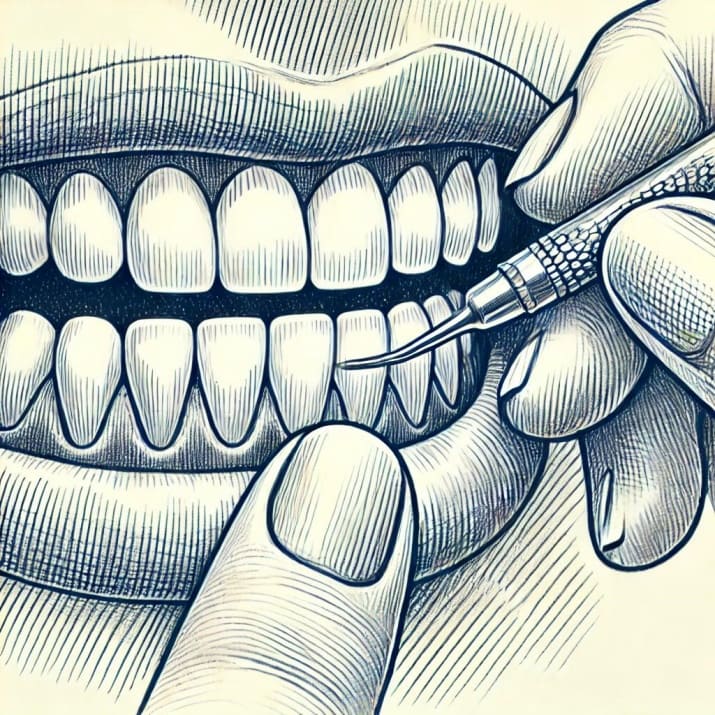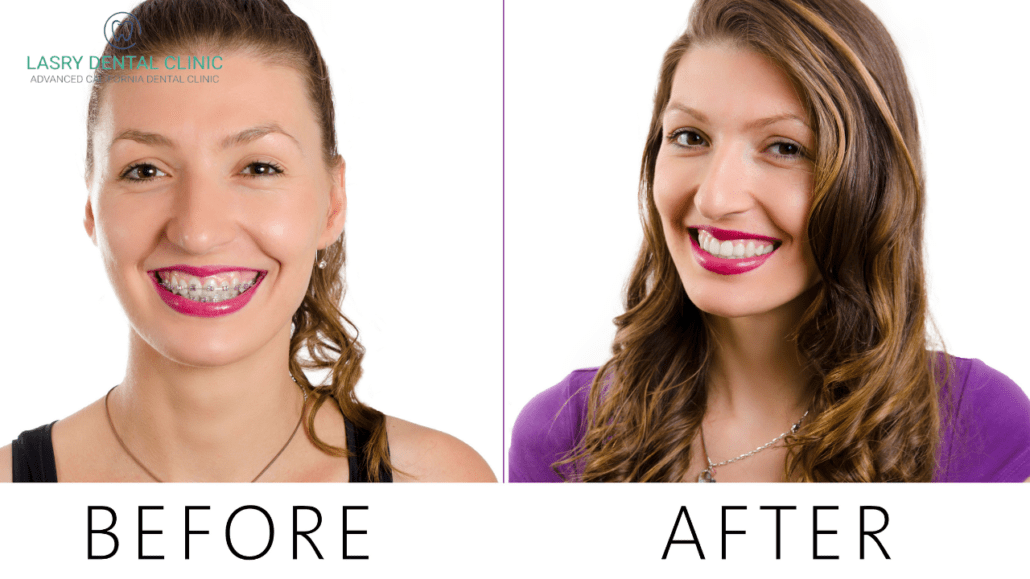Bad Lip Habits
The subconscious actions we perform with our lips can often reveal more about us than we intend to show. Whether it’s a nervous tic, a sign of anxiety, or simply a deeply ingrained habit, bad lip habits can be both distracting and detrimental to our oral health. In this comprehensive exploration, we’ll delve into the world of lip habits, examining the most common culprits, their potential causes, and most importantly, the strategies for overcoming them.
Understanding Lip Habits
Before we can address bad lip habits, it’s essential to understand why we develop them in the first place. Often, these habits are a result of stress, boredom, or even as a coping mechanism for anxiety. For instance, biting or chewing on the lips can be a nervous habit, similar to nail biting or hair twirling. Other habits, like licking the lips excessively, might be a sign of dry lips or an attempt to moisten them, which can signal an underlying issue such as dehydration or a skin condition.
Common Bad Lip Habits
- Lip Biting and Chewing: This habit involves biting or chewing on the lips, often when anxious or deep in thought. It can lead to soreness, swelling, and even infection if the skin is broken.
- Excessive Lip Licking: While occasional lip licking is normal to keep the lips moist, doing it excessively can strip the lips of their natural oils, leading to dryness and irritation.
- Picking at Lip Skin: Similar to picking at skin on other parts of the body, picking at the skin on the lips can lead to bleeding, scarring, and prolonged healing times.
- Smoking: While not exclusively a lip habit, smoking is a significant bad habit that affects the lips, causing them to become thinner and less full over time, and increasing the risk of oral cancers.
- Chewing on Objects: Chewing on pens, pencils, or other objects can also indirectly affect the lips, as the constant movement and pressure can cause strain and potentially lead to habits like biting the lips.
Overcoming Bad Lip Habits
Breaking any habit requires awareness, commitment, and often, a multi-faceted approach. Here are some strategies for overcoming bad lip habits:
- Mindfulness and Awareness: The first step to changing any habit is recognizing when you’re doing it. Set reminders or place sticky notes in strategic locations to remind you to be mindful of your lip habits throughout the day.
- Find Alternatives: Replace your bad habit with a healthier alternative. For example, if you catch yourself biting your lips when stressed, try chewing gum (sugar-free to protect your teeth) or eating sunflower seeds.
- Keep Your Lips Moisturized: For those who lick their lips excessively, keeping them well-moisturized can reduce the urge to lick. Use a lip balm that contains natural ingredients like beeswax, cocoa butter, or coconut oil.
- Stay Hydrated: Sometimes, dry lips can be a sign of dehydration. Drinking plenty of water throughout the day can help keep your lips naturally moisturized from the inside out.
- Seek Professional Help: If your bad lip habits persist or are causing significant distress, consider seeking help from a dermatologist for skin-related issues or a psychologist for habit-breaking strategies.
The Impact of Bad Lip Habits on Oral Health
While the focus on bad lip habits might seem superficial, their impact on oral health should not be underestimated. Continuous biting, chewing, or licking can lead to infections, permanent scarring, and significant discomfort. Moreover, these habits can be indicative of underlying oral health issues that need attention, such as dental problems causing discomfort that leads to lip biting as a relief mechanism.
The Role of Self-Care
Incorporating self-care practices into your daily routine can significantly help in managing and overcoming bad lip habits. This includes:
- Stress Management: Engage in stress-reducing activities like meditation, yoga, or deep breathing exercises. High levels of stress can exacerbate bad habits.
- Healthy Diet: Eating a balanced diet rich in vitamins and minerals, especially those beneficial for skin health like vitamin E and omega-3 fatty acids, can help keep your lips healthy and less prone to dryness and irritation.
- Adequate Sleep: Lack of sleep can increase stress levels and make you more prone to engaging in bad habits. Aim for 7-9 hours of sleep per night.
Conclusion
Bad lip habits are more than just a quirk; they can be a sign of underlying issues, whether emotional, environmental, or related to overall health. By understanding the causes, recognizing the habits, and employing strategies to overcome them, individuals can not only improve their oral health but also reduce stress and increase their self-awareness. Remember, breaking a habit takes time and patience, so be gentle with yourself as you work towards a healthier, habit-free you.
How can I stop biting my lips when I’m nervous?
+To stop biting your lips when you’re nervous, try to become more aware of when you’re doing it. Keeping your lips moisturized can help reduce the urge, and finding a healthier alternative habit like chewing gum can be beneficial. Additionally, practicing relaxation techniques such as deep breathing or meditation can help manage your nervousness.
Is excessive lip licking a sign of an underlying health issue?
+Yes, excessive lip licking can sometimes be a sign of an underlying health issue, such as dehydration or a skin condition. It can also be a habit developed due to dry lips. Keeping yourself well-hydrated and using a natural lip balm can help. If the issue persists, consulting a healthcare professional is advisable to rule out any underlying conditions.
How long does it take to break a bad lip habit?
+The time it takes to break a bad lip habit can vary significantly from person to person. It depends on the individual’s level of commitment, the frequency of the habit, and the effectiveness of the strategies used to overcome it. Generally, it can take anywhere from a few weeks to several months to notice significant improvement. Patience, persistence, and the right strategies are key to successfully breaking a bad habit.

